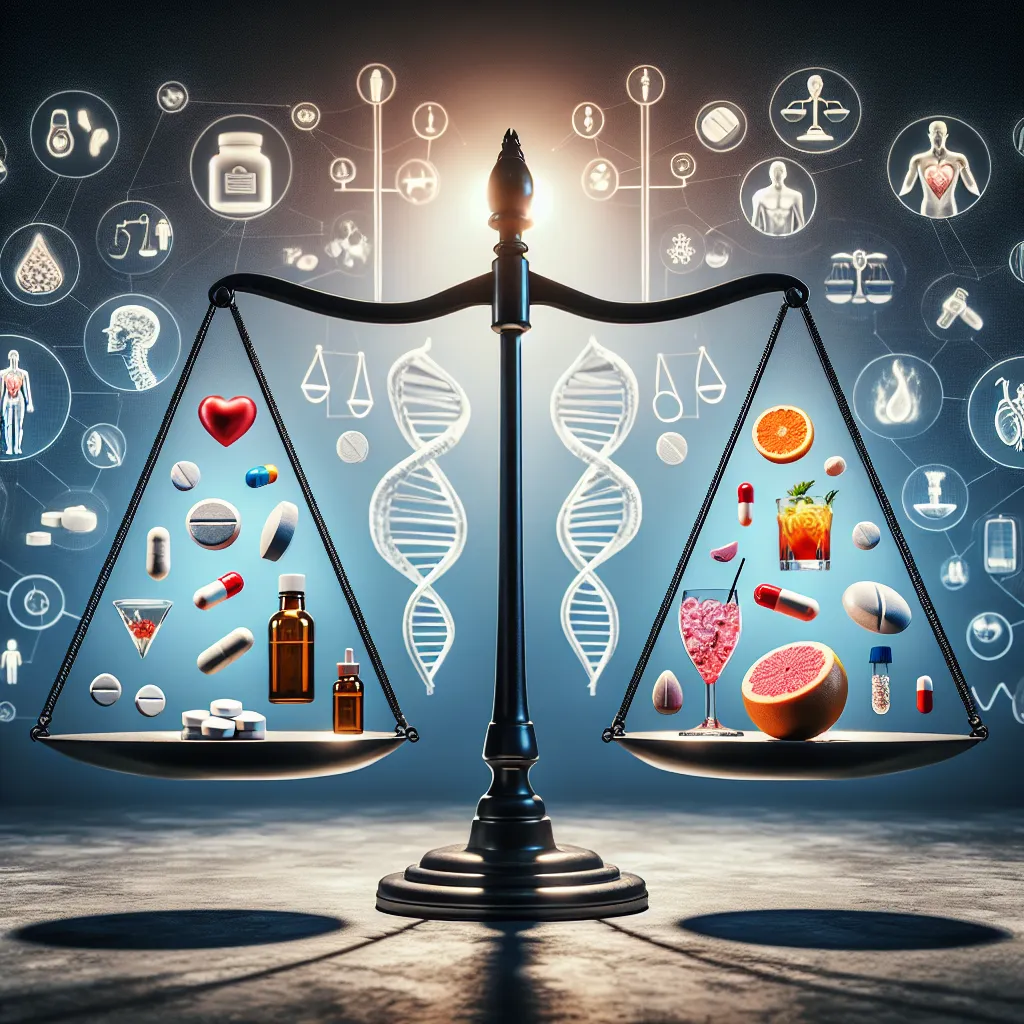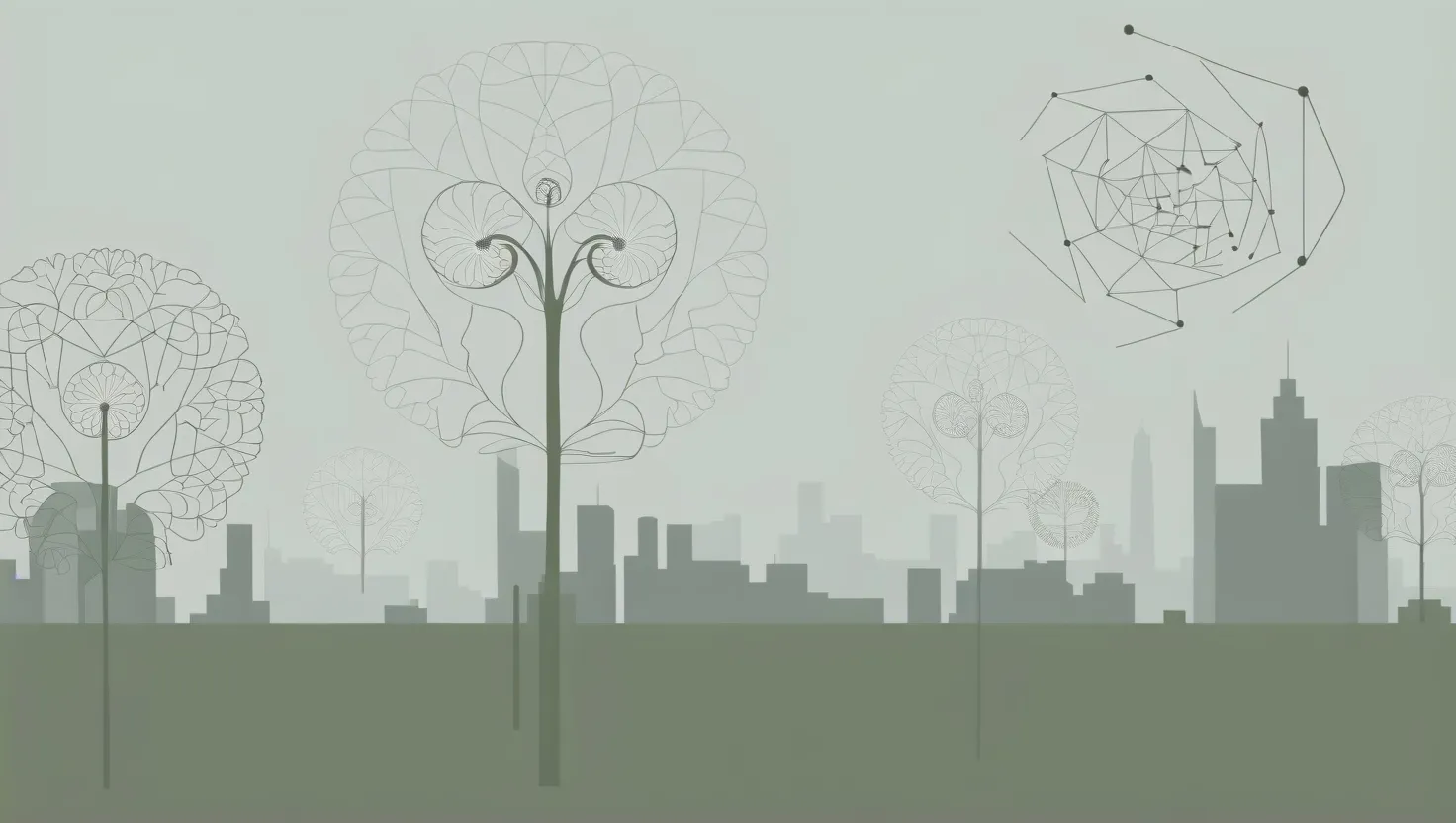Sadness is a universal feeling that everyone experiences at some point. Throughout history, there has been debate about what sadness really is and how we should handle it. Most people today see sadness as a reaction to tough situations, like when a friend moves away or a pet passes on.
Interestingly, ancient Greek doctors had a different take. They believed sadness was due to an imbalance in the body’s fluids. They called these fluids humors, and the specific humor causing sadness was black bile. To them, balancing these fluids through diet and medical practices could alleviate sadness. Today, we know more about brain chemistry and how it affects emotions. Modern doctors think that sometimes prolonged sadness or depression could be linked to chemical imbalances in the brain, much like the ancient Greeks thought.
Many have also pondered over the value of sadness. Philosophers and poets argue that feeling sadness is essential to the human experience. If you’ve never felt sad, some might say you’ve missed out on something deeply human. Robert Burton, who spent his life studying sadness, believed that increasing wisdom comes with increasing sorrow. Romantic poets of the 19th century also thought that melancholy helped us appreciate beauty and joy more deeply. Understanding the sadness of leaves falling in autumn helps us cherish the flowers in spring.
But does sadness have a more basic, even evolutionary function? Scientists think so. Crying and feeling withdrawn may have helped our ancestors secure social bonds and receive support. Sadness might have been a way to bring people closer, aiding in survival.
Still, some wonder if everyone experiences sadness the same way. Poet Emily Dickinson mused about whether other people’s grief feels as heavy as her own. Medical anthropologists like Arthur Kleinman suggest that cultural differences and language influence how we experience emotions. For instance, talking about a “broken heart” might make the feeling different than describing it as “bruised.”
While some modern thinkers, like David Pearce, imagine a future where technology could eliminate all forms of sadness, this idea isn’t without controversy. After all, would a world without sadness truly be better? Our ancestors and poets might not think so.
Ultimately, sadness has been a part of the human story for as long as we can remember. One of the most effective ways we’ve found to deal with it is to express it, putting into words what often feels indescribable. As Emily Dickinson wrote, “‘Hope’ is the thing with feathers - That perches in the soul - And sings the tune without the words - And never stops - at all -.”






